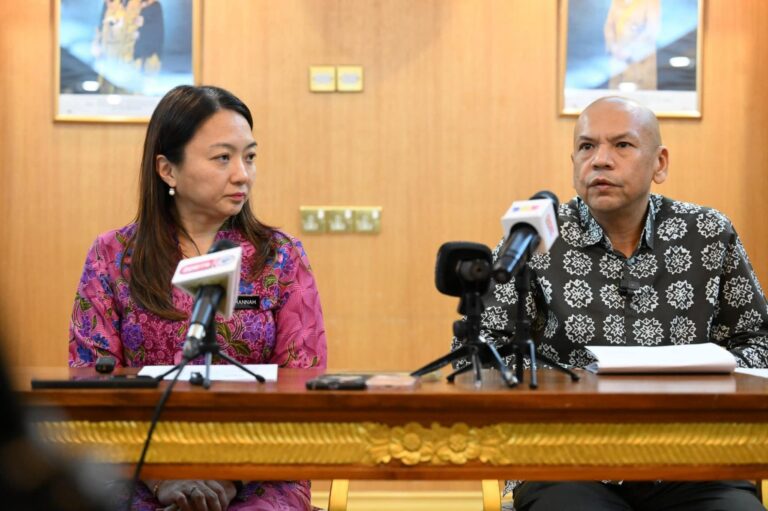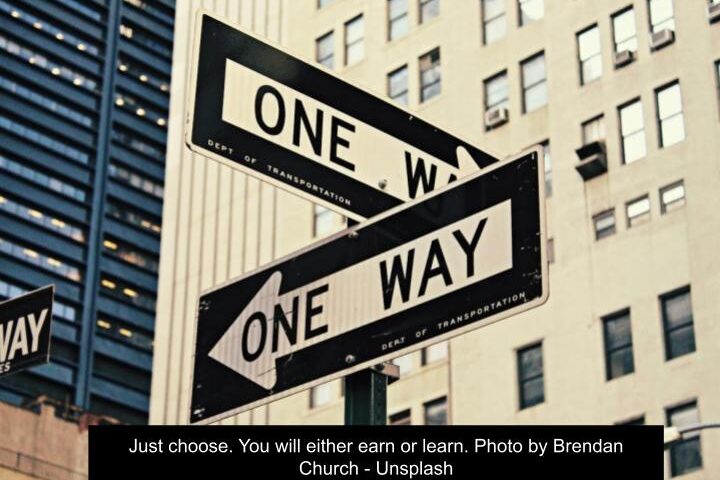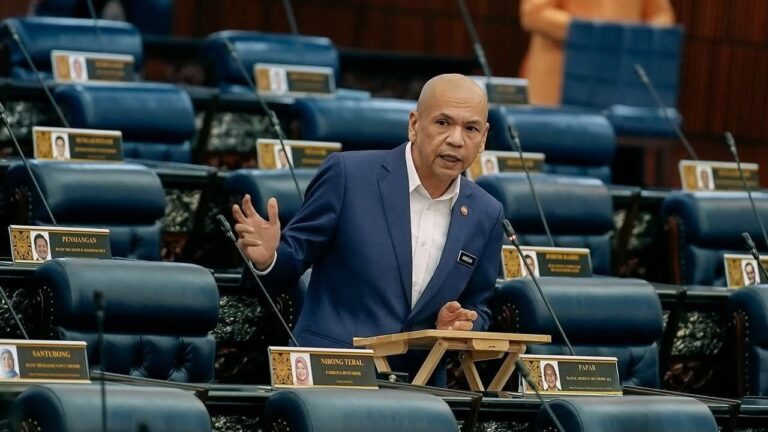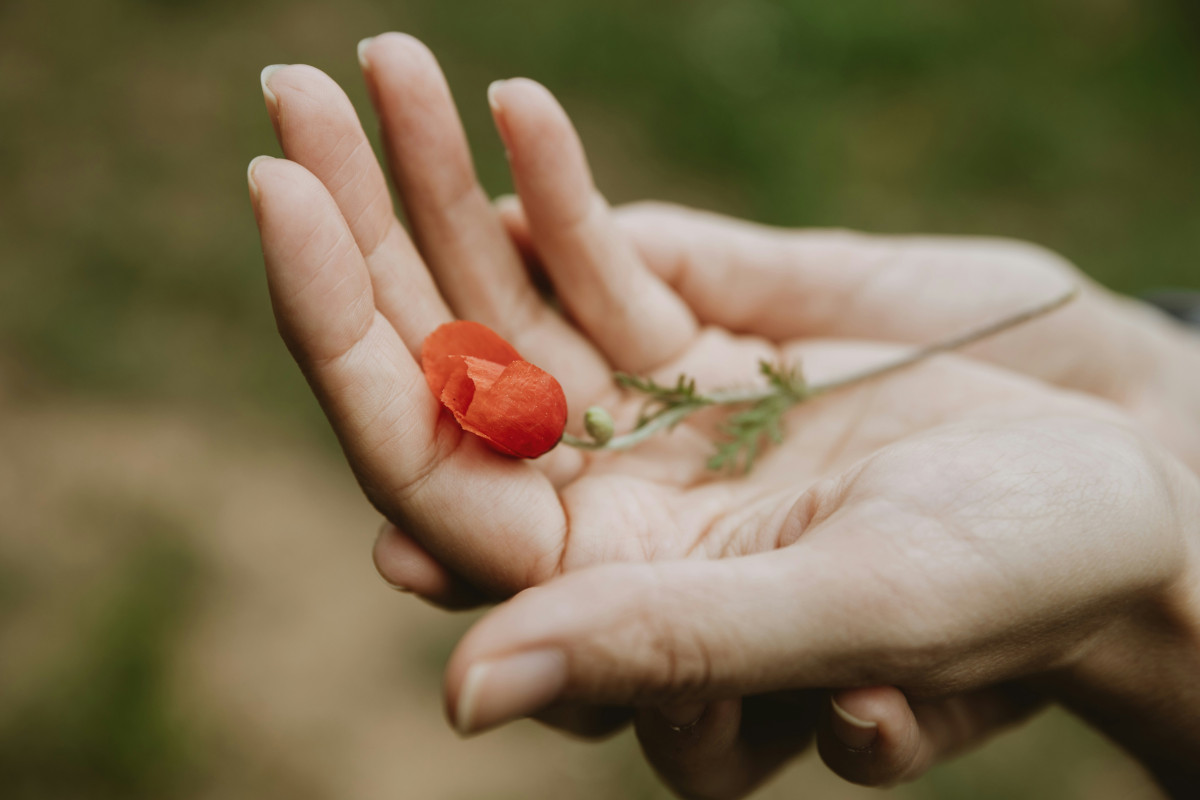
By Nahrizul Adib Kadri
The thought came to me while jogging last weekend, somewhere between the second and third kilometre, when the body starts to tire but the mind begins to wander. Out of nowhere, a sentence surfaced: Don’t stop being useful. Otherwise, you’re useless.
It was not meant as an insult. More like a self-reminder, delivered by the rhythm of my own steps.
We spend so much of life chasing importance that we often forget the quieter virtue of usefulness. To be useful is not the same as being impressive. It does not need an audience. It simply means that, in some small way, you are making something better than it was before.
I have met people who are quietly useful everywhere they go. The colleague who sees what needs to be done and does it. The student who listens carefully before speaking. The friend who shows up exactly when you need them, without being asked. They may not draw attention, but they carry a kind of quiet dignity that lasts longer than any title.
Usefulness, I think, is one of the simplest forms of purpose.
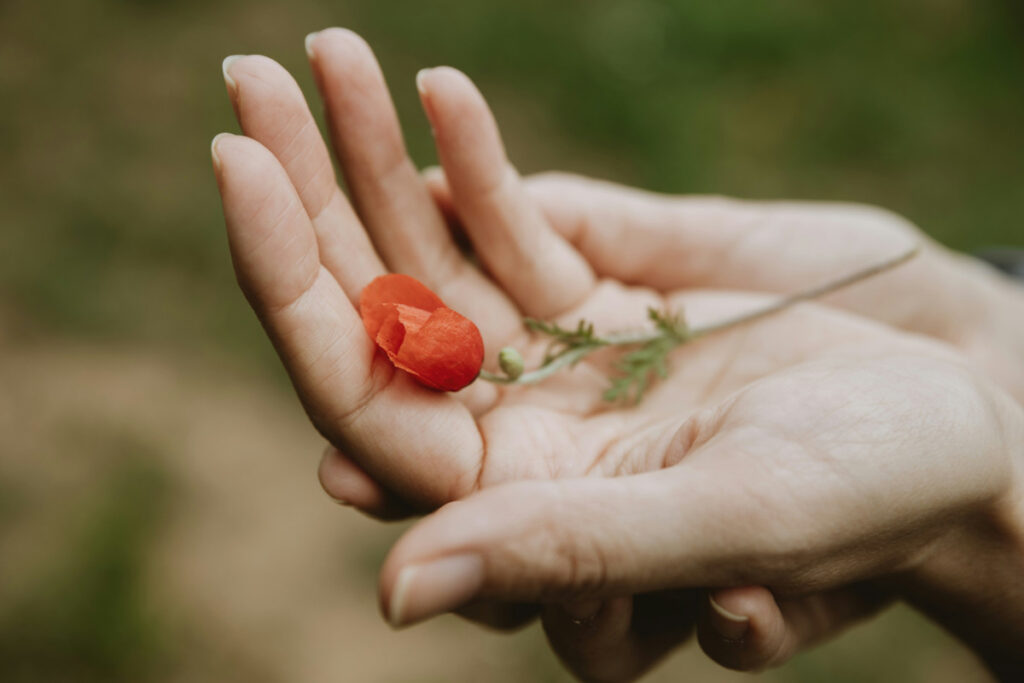
We often define usefulness in practical terms: helping, fixing, contributing. But there is something deeper beneath it. To be useful is to remain connected to the world. It means you have not withdrawn into indifference. You are still paying attention. You are still participating in life.
When we stop being useful, even in small ways, we begin to drift. The days lose their edges. The hours blur. We may still be busy, but not purposeful. And that is its own kind of emptiness.
I am reminded of Morgan Freeman’s character, Red, in The Shawshank Redemption. Inside the prison, he was useful. He knew how to get things, how to fix things, how to make life a little easier for others. That usefulness gave him purpose, even in confinement. But when he was released after decades behind bars, freedom felt heavier than prison walls. He struggled to find his footing because his usefulness had no place to land.
And yet, the same purpose that once kept him alive behind the walls eventually gave him the strength to start again. His friendship with Andy, his quiet acts of service, his ability to help others — those things built in him a sense of meaning that did not fade. In the end, that sense of usefulness became his compass. It pointed him toward hope, even when everything else seemed impossible.
That, to me, is what usefulness does. It keeps you tethered to life. It builds meaning one small act at a time.
Usefulness does not always look grand. Sometimes it is routine. The teacher preparing another set of notes. The parent packing another lunch. The cleaner sweeping the same corridor for the hundredth time. On the surface, it seems repetitive. But beneath it is purpose in motion. The world depends on these small consistencies far more than it realises.
When I run in the evenings, I sometimes pass older men and women walking slowly around the park. Their pace is steady, their faces calm. You can tell that their days are still shaped by small acts of care: tending to plants, watching over grandchildren, chatting with neighbours. They are not chasing relevance. They are simply being useful, and in that, they find peace.
There is something deeply human about that.
To stop being useful is to stop engaging. You might still exist, but you are no longer participating. Life becomes something happening to you, rather than something happening with you. Over time, that detachment can turn into bitterness.
And in a world obsessed with visibility, usefulness is often invisible. But that is what makes it valuable. The tree that gives shade does not demand gratitude. It simply continues to stand, to serve, to exist in quiet contribution.
So if you ever feel lost or irrelevant, start there. Ask yourself, “Where can I be useful today?” The answer may be small, but it will always be meaningful.
Be useful to your work. Be useful to your family and community. Be useful to someone who cannot repay you.
You do not need to be the fastest, or the strongest, or the most celebrated. You just need to keep noticing, keep giving, keep being useful.
Everything else will follow.
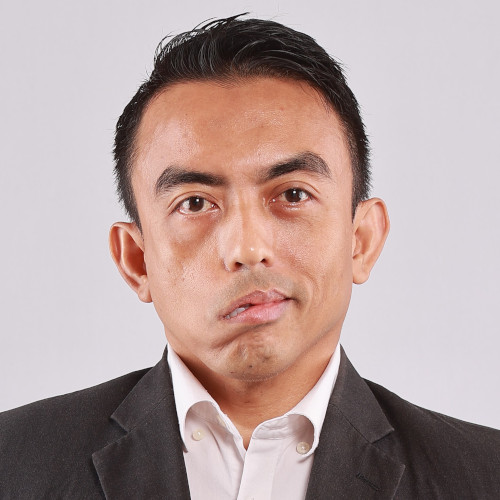
Ir Dr Nahrizul Adib Kadri is a professor of biomedical engineering at the Faculty of Engineering, and the Principal of Ibnu Sina and Tuanku Bahiyah Residential College, Universiti Malaya.





